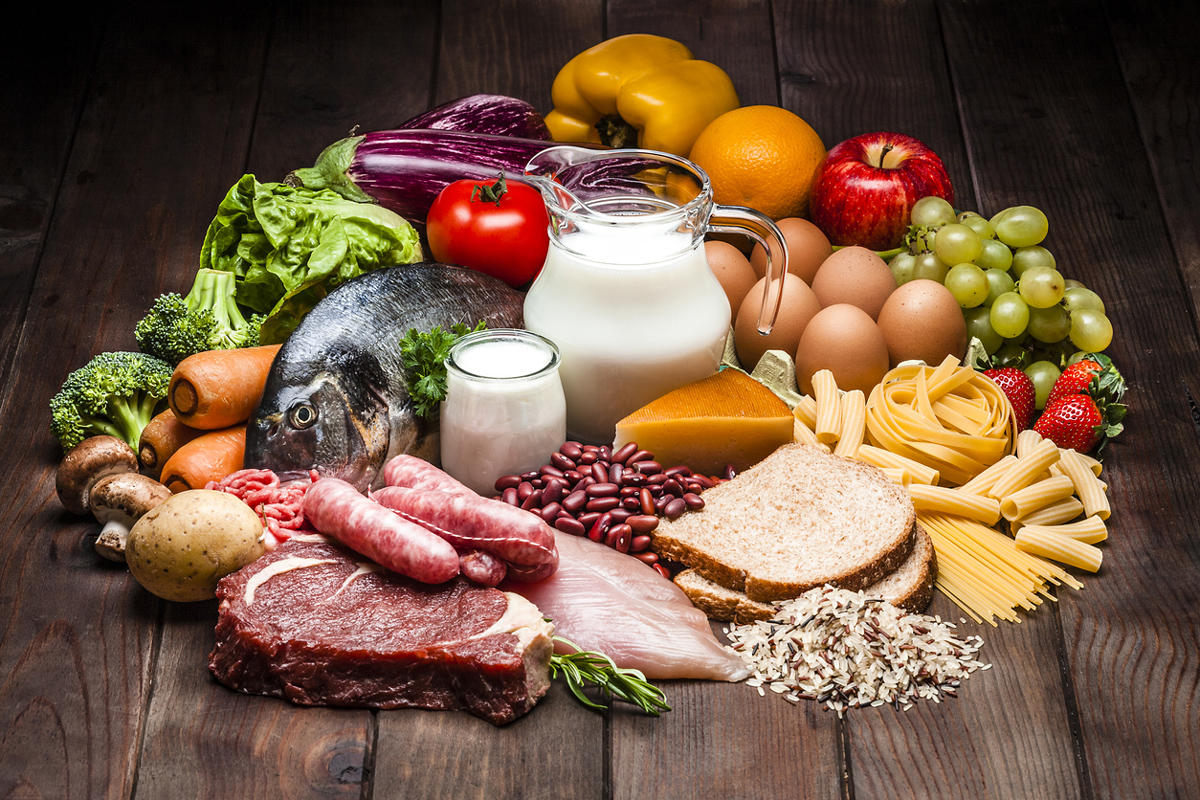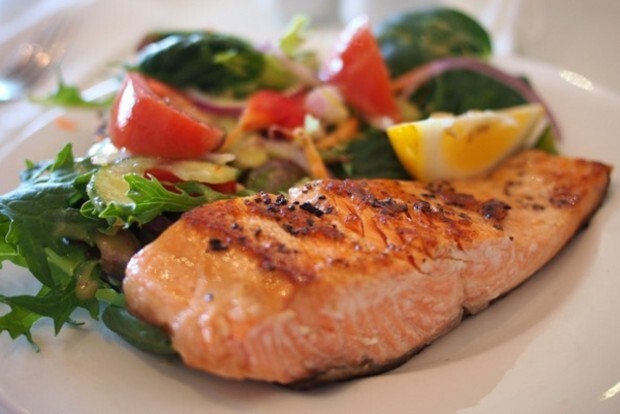A new study has found that there is no difference between healthful foods for adults and for children aged 2 and older.
Philadelphia: The research has been published in the ‘Journal of Nutrition Education and Behavior’. “If you think about kids’ food, the archetype or terminology that we widely use to describe the food that we feed our children, it’s really a social norm or societal construct that we’ve perpetuated,” said Pamela Rothpletz-Puglia, EdD, RD, School of Health Professions, Rutgers, The State University of New Jersey, Piscataway, NJ, USA.
Kids’ food is operationally defined as food likely to be consumed by children aged 2-14 years, either at home or in the community. There is a long-held belief in the United States that children need different types of foods than adults, and many of these foods are highly processed; energy-dense; and high in saturated fat, sodium, and added sugar. A diet favouring these foods can have significant detrimental effects on children’s preferences and tastes may exacerbate food neophobia or picky eating behaviour sometimes seen in children and may impact their health in the future.
In the position paper, the authors noted that the idea that children need different foods than adults seems to have originated during the alcohol prohibition era when the hospitality industry created children’s menus to offset the loss of alcohol sales revenue.

Also read: Three Most Important Tips To Start This Year With






